Bangladesh Could Become Asia's Strongest Economy
Economics Explained
13 min, 25 sec
The video discusses Bangladesh's economic potential, challenges, and the steps it could take to transition from a least developed country to a more prosperous economy.
Summary
- Bangladesh has advantages like global trade routes, low debt-to-GDP ratio, access to oil, and a dense population, conducive to economic growth.
- Despite these advantages, Bangladesh remains on the UN's least developed country list due to missed opportunities and foundational problems.
- The video examines Bangladesh's history, its comparative advantage in textiles, and the need to transition to a capital-intensive economy.
- Issues with transparency and data accuracy in economic reporting are highlighted as areas for improvement.
- Bangladesh's potential growth and strategies for success are explored, such as export diversification and capitalizing on regional trade opportunities.
Chapter 1
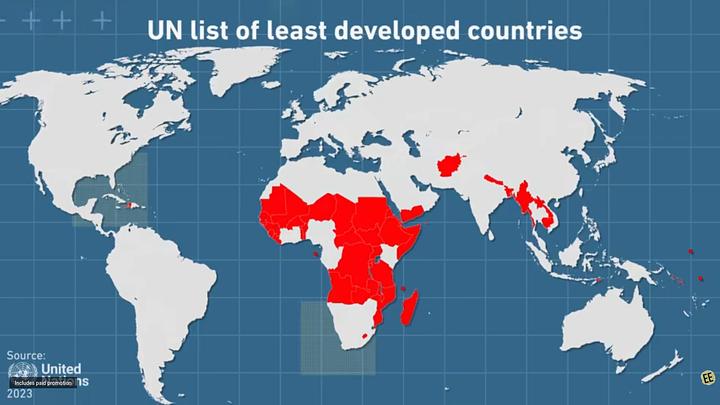
Introduction highlights Bangladesh's advantages and its unexpected status as a least developed country.
- Bangladesh's potential for rapid economic development is acknowledged.
- The country's strategic advantages are listed, including global trade routes and a recognized legal system.
- Despite these factors, Bangladesh is still classified as a least developed country.

Chapter 2

The segment outlines the missed opportunities, potential for growth, and questions regarding Bangladesh's economic future.
- Questions about Bangladesh's failure to capitalize on its advantages are raised.
- The potential for Bangladesh to become an industrial power in Southeast Asia is discussed.
- The segment sets up the exploration of what Bangladesh needs to do to improve its economic situation.

Chapter 3
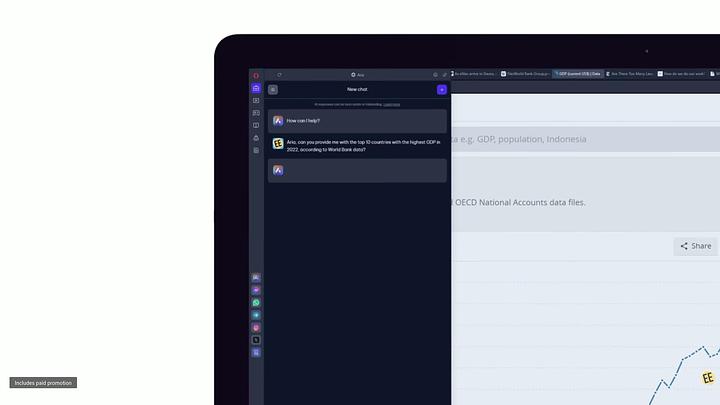
A brief interlude to promote the sponsor, Opera browser, emphasizing its features to enhance productivity.
- The speaker shares personal struggles with staying productive at home.
- Features of Opera browser, such as tab islands and Aria, are discussed.
- The benefits of an ad blocker and privacy tools in Opera are mentioned.

Chapter 4
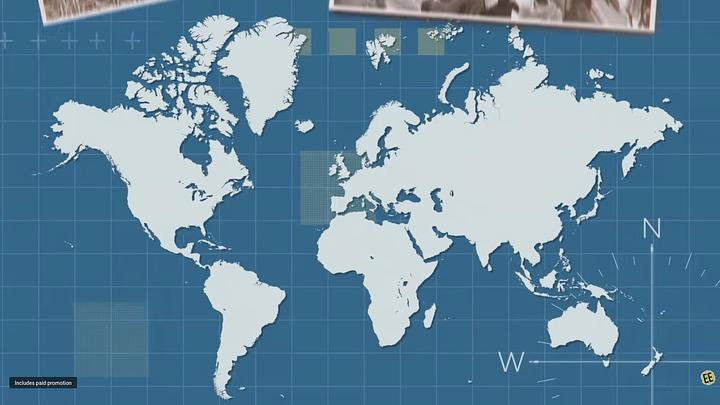
An overview of Bangladesh's turbulent history from colonial times to its struggles during independence.
- Bangladesh's start is marked by the deadly Bola cyclone and the fight for independence from Pakistan.
- The historical context includes colonial influence and the role of global superpowers during the Cold War.
- The catastrophic early years of Bangladesh's independence are discussed, setting the stage for its current economic challenges.

Chapter 5
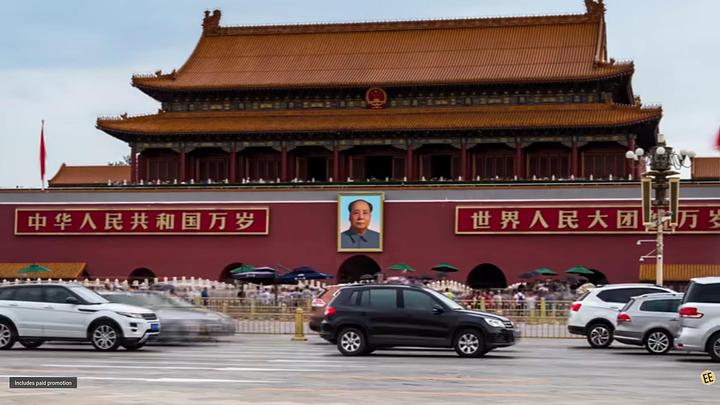
The segment delves into the economic characteristics that position Bangladesh for growth and its current comparative advantage.
- Bangladesh's advantages such as access to global trade and low debt-to-GDP are reiterated.
- The concept of comparative advantage is explained in depth, including factors like labor, materials, and time.
- Bangladesh's textile industry is highlighted as its current comparative advantage due to its cheap labor force.

Chapter 6
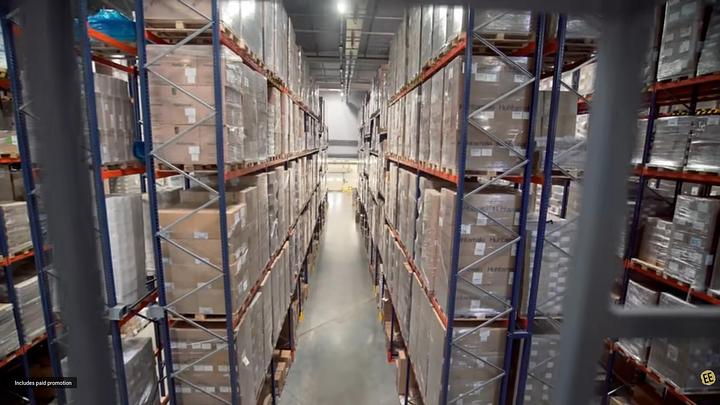
The video explains the need for Bangladesh to transition from a labor-intensive to a capital-intensive economy.
- Bangladesh's reliance on textiles as a low-cost exporter is discussed.
- The importance of transitioning to a capital-intensive economy to attract foreign investment is emphasized.
- The challenges and competition within South Asia are explored, including the consequences of failing to diversify exports after losing trade agreements.

Chapter 7

This segment discusses the issues with economic data accuracy and the implications for policy and decision-making.
- The challenges with Bangladesh's statistical system and the authenticity of economic data are highlighted.
- Data discrepancies between different reporting agencies are pointed out.
- The importance of reliable data for making economic policy decisions is underlined.

Chapter 8
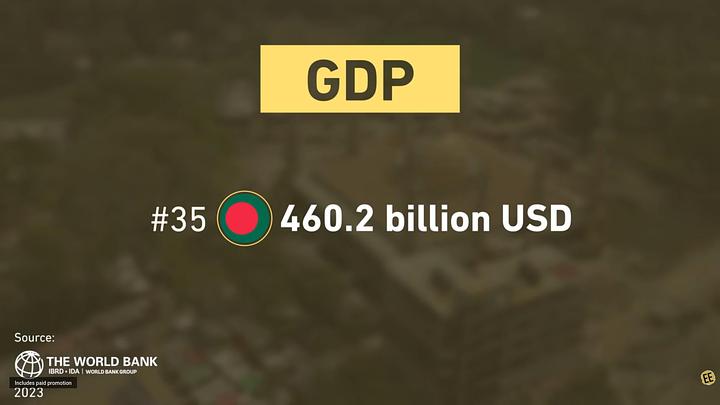
The final segment outlines strategic improvements needed for Bangladesh and assesses its placement on an economic leaderboard.
- Bangladesh's need to find new comparative advantages and diversify exports is discussed.
- The critical steps for Bangladesh to avoid economic failure similar to Sri Lanka are outlined.
- Bangladesh is evaluated and placed on the economics explained leaderboard with an average score.

More Economics Explained summaries

Something Terrible Is Happening in France | Economics Explained
Economics Explained
France's unique economic history and current challenges stem from its slow industrialization, focus on artisanal industries, and government's strong role, leading to a less competitive position in the global market.

MIT Study Reveals Why Africa Is Still Poor
Economics Explained
The video examines the economic challenges of Africa, exploring historical, geographic, and institutional factors that contribute to its current state.

The "Dirty" Economy Of Australia | Economics Explained
Economics Explained
A detailed examination of Australia's economic success, its reliance on resource exports, property investment incentives, and challenges facing the nation's future growth.